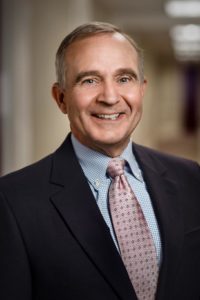More Fallout from the Opioid Crisis
by Gregory J. Pepe
January 18, 2018The ripple effects of the hundreds of thousands, perhaps millions, of Americans dealing with addiction issues are reaching into our neighborhoods further than ever. As recovering addicts leave the numerous programs established to help them kick their addiction, it is increasingly clear that housing arrangements are needed for many of them to help these individuals establish lives free of drug dependency.
The federal and state governments consider drug and alcohol dependency to be a condition which warrants protection against discrimination. The 14th Amendment’s Equal Protection Clause prohibits states from denying a person equal protection of the law. This and three federal laws – section 504 of the Rehabilitation Act of 1973; Title II of the Americans with Disabilities Act (ADA); and the Fair Housing Act, especially its 1988 amendments (FHAA) – limit local control over group home siting. The FHAA is probably the most significant of these since it applies to dwellings. The three laws build on one another by applying consistent definitions and nondiscrimination standards.
Consequently, many communities are witnessing a proliferation of group housing for recovering addicts in residential neighborhoods. Many community activists are seeking to have their town zoning boards take action to limit or prevent such group houses from springing up in specific neighborhoods …. the NIMBY (Not In My Backyard) syndrome. As more people are discovering, residences in their towns which house 6 to 8 individuals recovering from addictions cannot be prevented without a charge of discrimination being leveled against the town. Recovering addicts are entitled to enjoy the same benefits of unrestricted housing as any other citizen in the community.
Add to this mix the ability of property owners and developers to obtain very large premiums for the occupancy of these houses over what a residential property would normally rent for, and the recipe exists for an explosion of such uses. One more ripple effect of the opioid crisis this country now finds itself dealing with.

